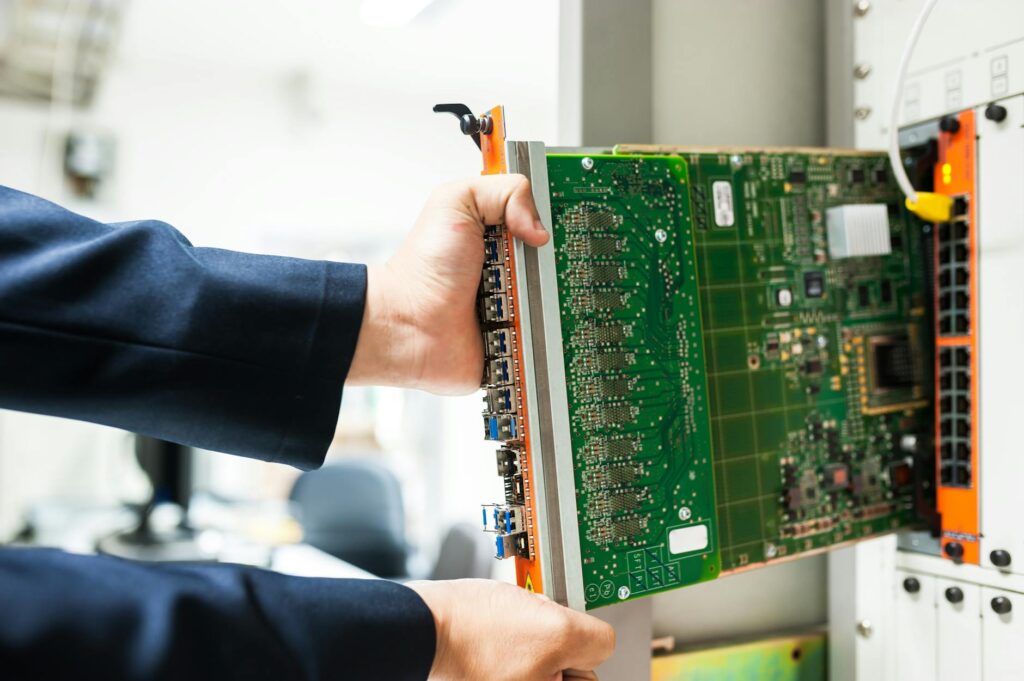In the digital age, artificial intelligence has rapidly evolved beyond a mere feature or a standalone application. What was once seen as a specialized tool is now seamlessly weaving itself into the very fabric of our online and offline interactions, quietly becoming the foundational “operating system” of our modern lives. This profound shift is orchestrating an era of unprecedented innovation, transforming industries, personalizing experiences, and accelerating discovery in ways previously unimaginable. However, this same pervasive integration of AI simultaneously sparks urgent ethical dilemmas, challenging our notions of privacy, fairness, accountability, and even the future of work. Understanding this dual nature of AI, as both a catalyst for progress and a source of complex societal questions, is crucial as we navigate its omnipresent influence.
The omnipresence of AI: Beyond the app
The transition of AI from a niche technology to an underlying digital infrastructure is undeniable. We encounter its influence daily, often without realizing it. Think about the personalized recommendations that pop up on your streaming services, the remarkably accurate predictions in your mobile keyboard, or the dynamic pricing models that adjust flight costs in real time. These are not isolated applications; they are manifestations of AI algorithms working in the background, continuously learning from our data and interactions to optimize our digital experience. AI powers the search engines that curate our information, the social media feeds that shape our perspectives, and the voice assistants that control our smart homes. It is the invisible orchestrator, collecting, analyzing, and acting upon vast amounts of data to provide convenience, efficiency, and hyper-personalization. This pervasive integration means AI isn’t something we merely use; it is fundamentally shaping how we perceive, interact with, and operate within the digital world.
Driving unprecedented innovation and efficiency
The integration of AI as a core operating system has unleashed a torrent of innovation across virtually every sector. In healthcare, AI accelerates drug discovery, analyzes medical images with astounding precision, and tailors treatment plans for individual patients. In finance, it powers sophisticated fraud detection systems, automates complex trading strategies, and provides personalized financial advice. Manufacturing benefits from predictive maintenance, optimizing operations and minimizing downtime. Beyond these industries, AI is revolutionizing scientific research, enabling climate modeling, material science breakthroughs, and even the exploration of space. Its capacity to process massive datasets, identify intricate patterns, and automate repetitive tasks has led to significant gains in productivity and efficiency. The ability of AI to generate new content, from articles to art, and to facilitate complex problem-solving has also democratized access to previously specialized capabilities, fostering creativity and new forms of digital expression.
| Industry Sector | Key AI-Driven Innovations | Impact on Efficiency/Output |
|---|---|---|
| Healthcare | Drug discovery, diagnostic imaging, personalized medicine | Accelerated research, improved accuracy, tailored treatments |
| Finance | Fraud detection, algorithmic trading, credit scoring | Reduced losses, optimized investments, faster processing |
| Manufacturing | Predictive maintenance, quality control, supply chain optimization | Decreased downtime, reduced defects, improved logistics |
| Customer Service | Chatbots, personalized support, sentiment analysis | Faster resolution, improved customer satisfaction, reduced operational costs |
Navigating the urgent ethical dilemmas
While AI’s innovative power is undeniable, its role as a core operating system brings forth a series of urgent ethical dilemmas that demand our immediate attention. One of the foremost concerns is privacy, as AI’s reliance on vast amounts of personal data for its learning and optimization raises questions about surveillance, data security, and individual autonomy. Another critical issue is algorithmic bias. If AI systems are trained on biased data, they can perpetuate and even amplify existing societal prejudices, leading to discriminatory outcomes in areas like hiring, loan approvals, or even criminal justice. The “black box” problem, where the inner workings of complex AI models are opaque, makes accountability difficult when errors occur or unintended consequences arise. Furthermore, the increasing automation driven by AI poses significant questions about job displacement and the future of work, requiring societal adaptation and new approaches to education and training. Finally, the potential for AI to be used for misinformation, manipulation, or autonomous weapon systems underscores the critical need for robust ethical frameworks, regulations, and international cooperation to guide its development and deployment responsibly.
The evolving role of AI as the foundational operating system of our digital lives represents a profound transformation. It is a powerful engine of unprecedented innovation, capable of solving complex problems, enhancing efficiency, and delivering hyper-personalized experiences across every conceivable domain. From revolutionizing healthcare and finance to transforming how we learn and connect, AI’s benefits are clear and compelling. However, this pervasive integration also confronts us with equally significant ethical challenges, including concerns around privacy, algorithmic bias, accountability, and the future of employment. Our collective responsibility now is to harness AI’s immense potential while proactively addressing its inherent risks. This requires not only continued technological advancement but also robust ethical guidelines, transparent governance, and inclusive policy-making to ensure that AI serves humanity’s best interests, fostering a future where innovation is balanced with fairness, trust, and societal well-being.
